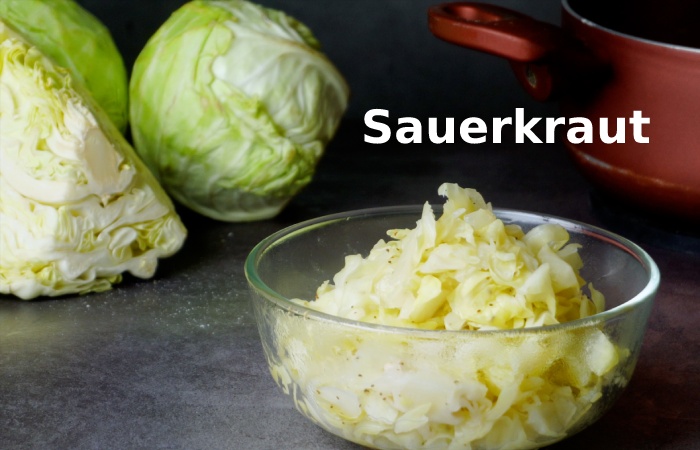Foods Not only remain delicious, but they are also rich in nutrients and an added help in maintaining good health.
Table of Contents
1. Beet Sprouts Foods
Beetroot produces showy sprouts with a slightly earthy flavor. Not only are they very decorative in recipes, but they also enrich them with all the plant’s nutrients at their most vital moment. You can enhance them to salads and sandwiches or use them to decorate your veggie burgers, toast or stir-fries.
It is a great anti-cancer food due to its Biochanin A content and a powerful ally for asthmatics who can benefit from its high vitamin C content. Its high levels of beta-carotene and antioxidants help protect the eyes from cataract formation and macular degeneration
In addition, beets are an excellent basis for folic acid, a very beneficial food for pregnant or trying to foods conceive.
And remember: you can make your sprouts at home.
2. Easily Digestible Mung Beans
The slightly sweet-tasting mung bean is green on the outside and yellow on the inside. The popular soybean sprouts are obtained from it, not from soybeans.
It is the second most protein-rich legume after soybeans with 25 to 30 grams of protein per 100. Maybe that’s why it’s also called green soybean.
Its abundant fiber, 16 grams per 100, helps regulate intestinal transit and cholesterol levels. It is more rich in vitamins than minerals, such as phosphorus, magnesium, iron, and manganese.
3. Yukon Syrup, Sweet and Healthy Foods
Yacon syrup is made from a tuber that grows in the Peruvian Andes. It’s not as sweet as sugar or honey but provides fewer calories and is accompanied by small doses of minerals.
It is branded above all by its low glycemic index. Being rich in fructose oligos achirids (FOS), especially inulin, it hardly raises blood sugar as these fibers pass through the digestive tract intact. A tablespoon of syrup provides only 20 calories and about 2g of FOS. This explains the low glycemic index and makes this sweetener suitable for people with diabetes, weight loss, and those who want to eat less sugar without sacrificing sweetness.
4. Sauerkraut, Good Gut Bacteria

Sauerkraut is made by letting the cabbage ferment in its juice after adding a little salt. In addition to cabbage’s benefits with its vitamin C and anti-cancer compounds, sauerkraut develops bacteria during fermentation that help balance the gut microbiota or flora.
Like sprouts, fermented ones can also make at home.
5. Radish, Purifying, and Protective
The daikon, or Japanese radish, white and large, is a talisman in oriental and macrobiotic cuisine. It is rich in vitamin C and, like cabbage and other radishes, contains sulfur compounds that help protect against cancer.
In addition, traditional Chinese medicine considers it purifying and digestive to cleanse the lungs. Its diuretic action, its antioxidants, and its enzymes guarantee these properties. It use raw, cooked, and even dehydrated.
6. Brazil Nuts, Masters of Selenium
The coquitos or Brazil nuts are the fruit of an imposing Amazonian tree. Not only are they tasty and high-energy snacks, but they also use in pastries and to enrich salads, rice dishes, vegetables, and cereals.
Like other nuts, they provide plant-based proteins (14.3%) and dietary fiber (5.4%), but primarily fats (66%), primarily mono- and polyunsaturated, which consider heart-healthier.
Its selenium richness is unusual for vegetables: two nuts a day (10 g) increase the presence in the blood of this antioxidant mineral, essential for fertility and male immunity. In addition, Brazil nuts are a portion of food for headaches.

